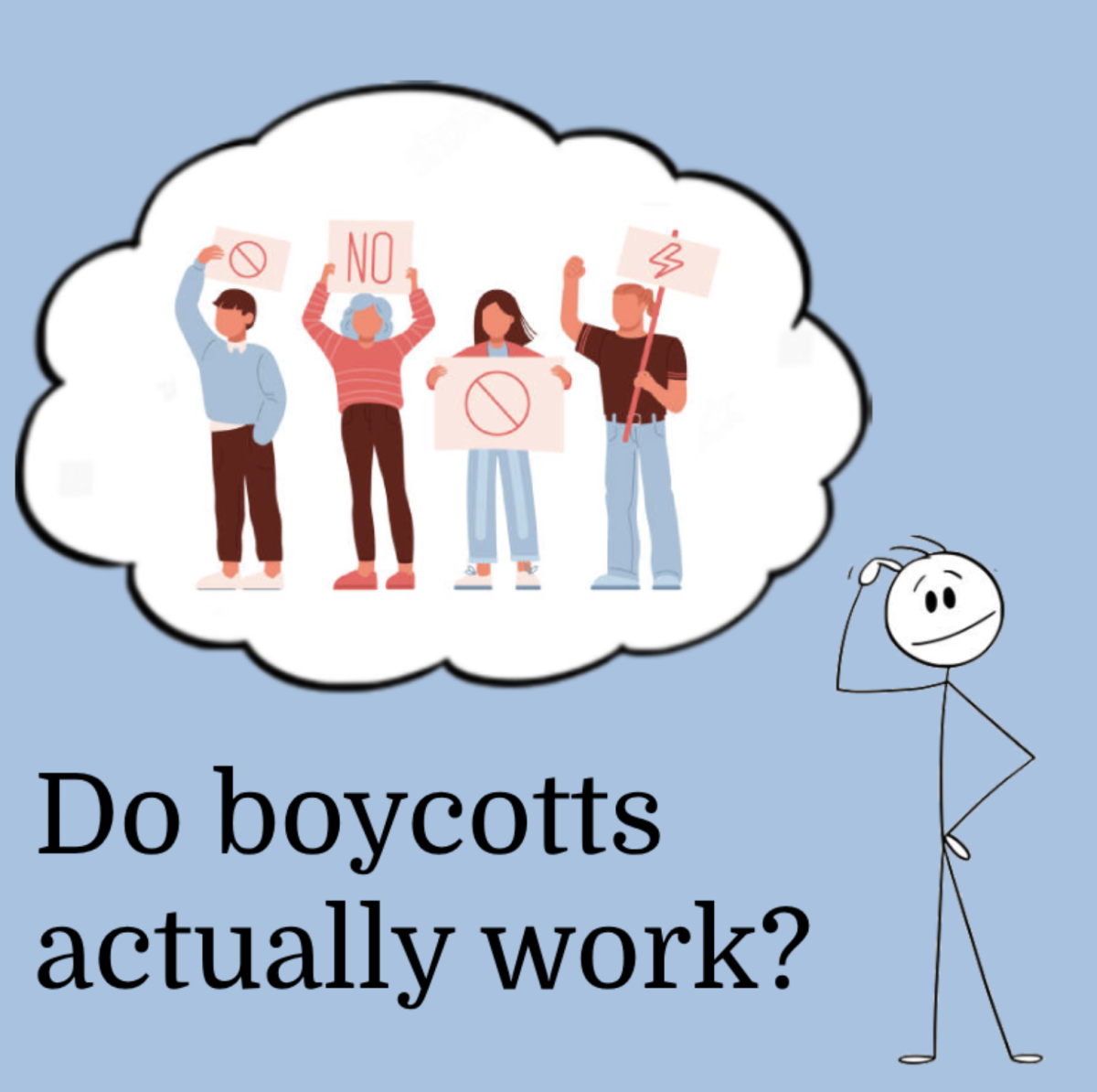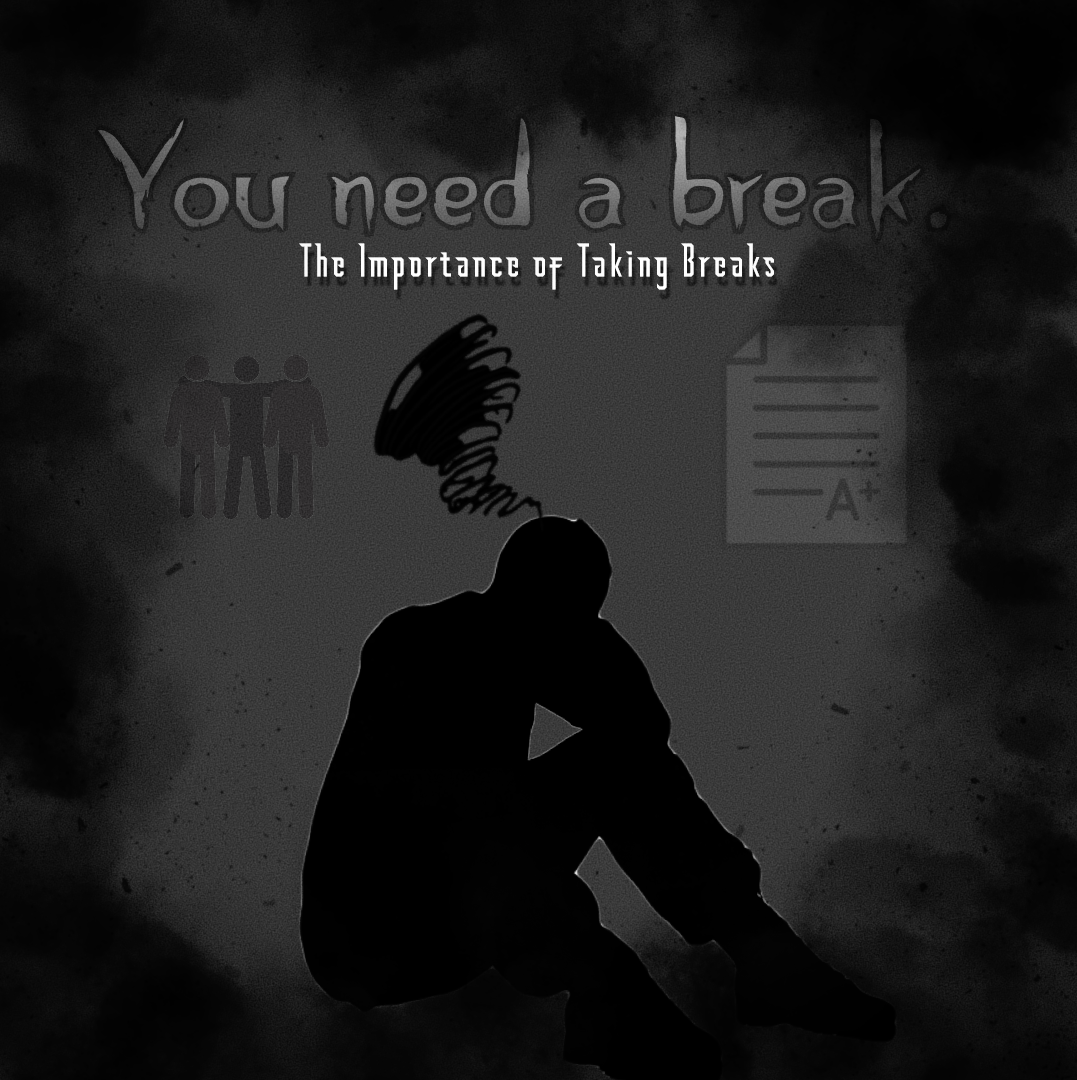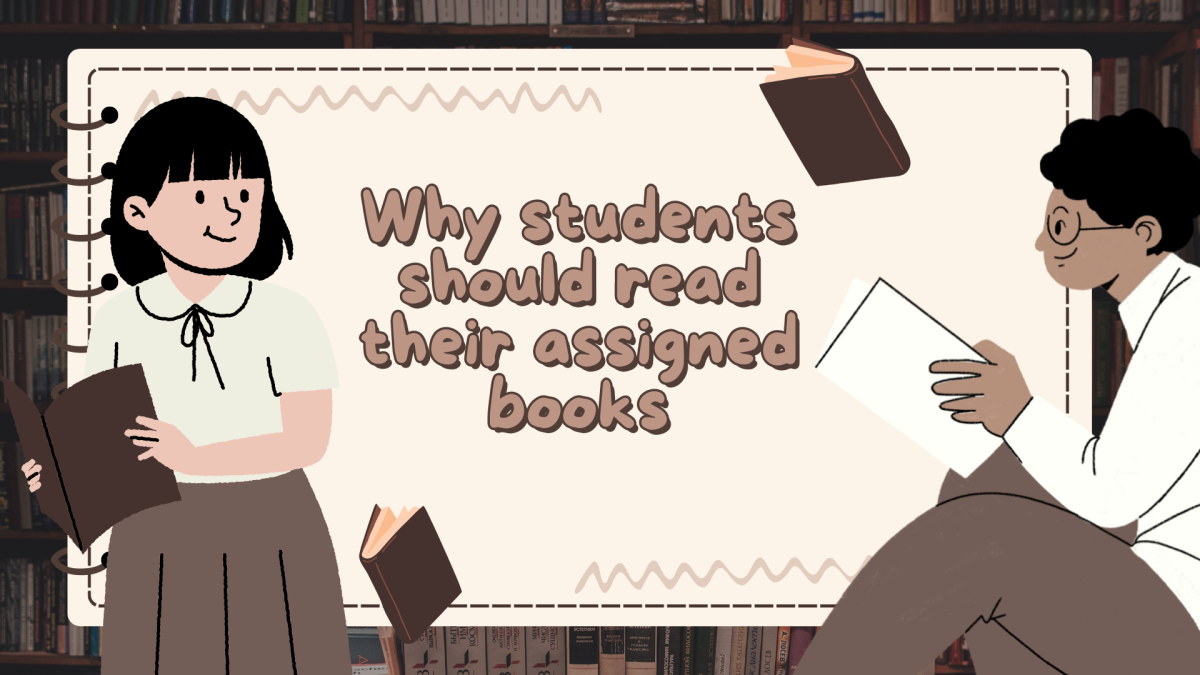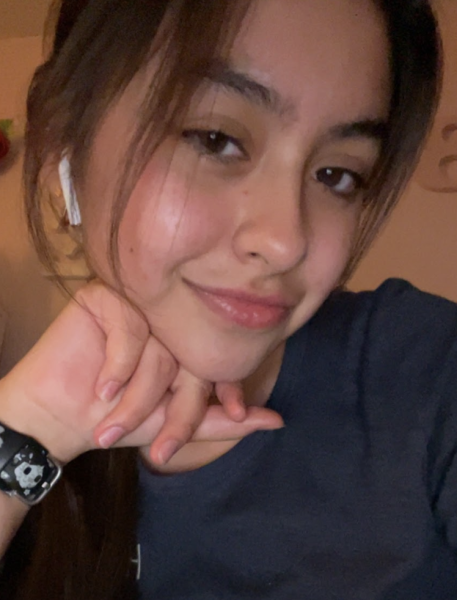Boycotts have been a tool for protestation and advocacy for centuries, tracing back to the 1790s when British abolitionists led and supported the free produce movement, an international boycott of goods produced by slave labor. A boycott’s ultimate purpose and point is to create economic loss for its target and attempt to convince the target to adjust/change certain practices that may be causing people harm. The most successful boycott in history was the Montgomery Bus Boycott. This boycott took place during the American civil rights movement when African Americans collectively refused to ride on city buses in Montgomery, Alabama, as a protest against segregated seating. The boycott was over a year long and resulted in the Supreme Court ruling that segregated seating on public buses was unconstitutional. This was the first large-scale demonstration in America against segregation, which represented radical change through nonviolent protests.
While boycotts have historically been an effective tool for change, today- in the age of social media, they face unique challenges. With shortened attention spans due to the abundance of stimulatory content on our phones, it is now more difficult to maintain momentum during acts of protest. It would seem that with access to the internet boycotts and protests would garner more attention and therefore have more success, however, the internet presents a lack of collectivism and passion due to distance. The unfortunate reality is that people are selfish, and will often not care for issues that don’t directly harm them; and when encouraged to provide support for issues like boycotts, they will generally lose interest eventually. The success of a boycott relies on not just raising awareness and attention through social media, but through having real engagement and a sense of community among supporters.
Due to the Israel-Hamas War, many companies that are allegedly providing support to Israeli troops are being boycotted by pro-Palestinian protesters. These companies include Starbucks, McDonald’s, and many more. Since the beginning of the Israel-Hamas War on October 7th, 2023, Starbucks has lost 11 billion dollars in market value from being boycotted; however, even with the abundance of revenue lost from the boycott, there is minimal evidence to prove that the boycott will have a noticeable impact on Starbucks in the long term, along with the other targeted companies. So, if boycotts nowadays do not result in long-term change, then what’s the point?
The effectiveness of boycotts is not in question, evident by their historical impact, they do often result in positive change. However, the qualities of activism have changed with social media often becoming the primary platform for raising awareness. While this can be a useful resource, it often lacks the depth of collective action and genuine care for the issues that characterized historical boycotts. To truly effect change, modern boycotts must go beyond just advocacy but also adopt collectivist ideals, with solidarity and empathy; and if you are truly serious about spreading awareness of the injustices of the world, then don’t let social media be your only outlet to do so.










